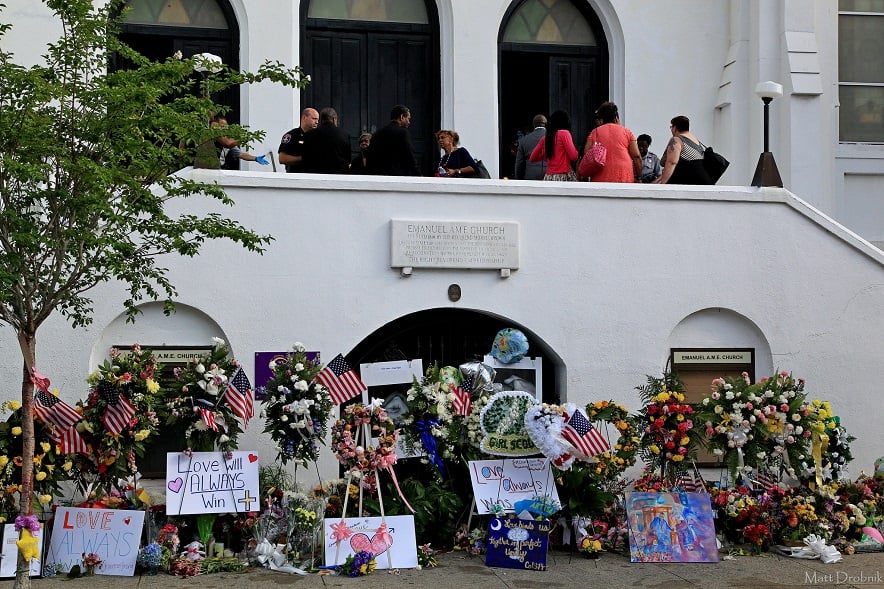Congress Discusses Countering Violent Extremism
Legislators and counterterrorism experts met Wednesday to discuss countering violent extremism, both by Islamic extremists overseas and domestic terrorists. The committee also reviewed legislation that would create an office targeting the root of radicalization. ��
�Both international and domestic extremist groups are seeking to radicalize our citizens,� saidHouse�Homeland Security Committee�Chairman Michael McCaul (R-Texas). �And they have begun to master social media as a recruitment tool, placing people on a path to violence at alarming speed.��
McCaul has introduced legislation (H.R. 2899) that would create an Office for Countering Violent Extremism. The new office, which would be housed under the U.S.�Department of Homeland Security, would be involved with "identifying risk factors that contribute to violent extremism in communities in the United States," "assessing the methods used by violent extremists to disseminate propaganda and messaging to communities at risk for radicalization and recruitment," and "establishing a counter-messaging program.�
Such legislation �is about warning communities, helping them spot signs of radicalization, training state and local law enforcement, combating extremist propaganda, and developing off-ramps to radicalization so we have an alternative to simply arresting young people who are preyed upon and recruited by terrorists,� McCaul explained.
A panel of experts on extremism attended the hearing. Richard Cohen, president of the Southern Poverty Law Center, cited the shooting at Mother Emanuel AME Church in Charleston, South Carolina, as an example of why radical-right terrorism in the United States is a serious threat.�
�In some ways, the suspect in the Charleston massacre, Dylann Roof, represents the new face of domestic terrorism: the extremist who acts alone after being radicalized and inspired online by an extremist ideology,� Cohen noted.�
Although the number of radical right groups in America has�declined since 2012, white supremacist activity continues to grow online, and violence committed by such groups has spiked, Cohen said. However,�this type of terrorism continues to take a back seat to Islamic-inspired extremism since the 9-11 attacks.�
Seamus Hughes, deputy director of the Program on Extremism with George Washington University�s Center for Cyber and Homeland Security, explained that countering violent extremism should aim to reach susceptible individuals �before they make a choice that will irrevocably alter the government�s ability to take any action other than arrest.��
�Countering violent extremism should never be about criminalizing beliefs,� Hughes said. �Instead, it is, at its core, about protecting our communities and safeguarding vulnerable individuals who are still reachable. In the course of my career, I have had the opportunity to talk with the fathers, mothers, and friends of young men and women who left this country to go to conflict zones�there was an intense sense of both sorrow and regret that we couldn�t reach those kids � many of them barely old enough for a driver�s license - before they got on the plane.�
